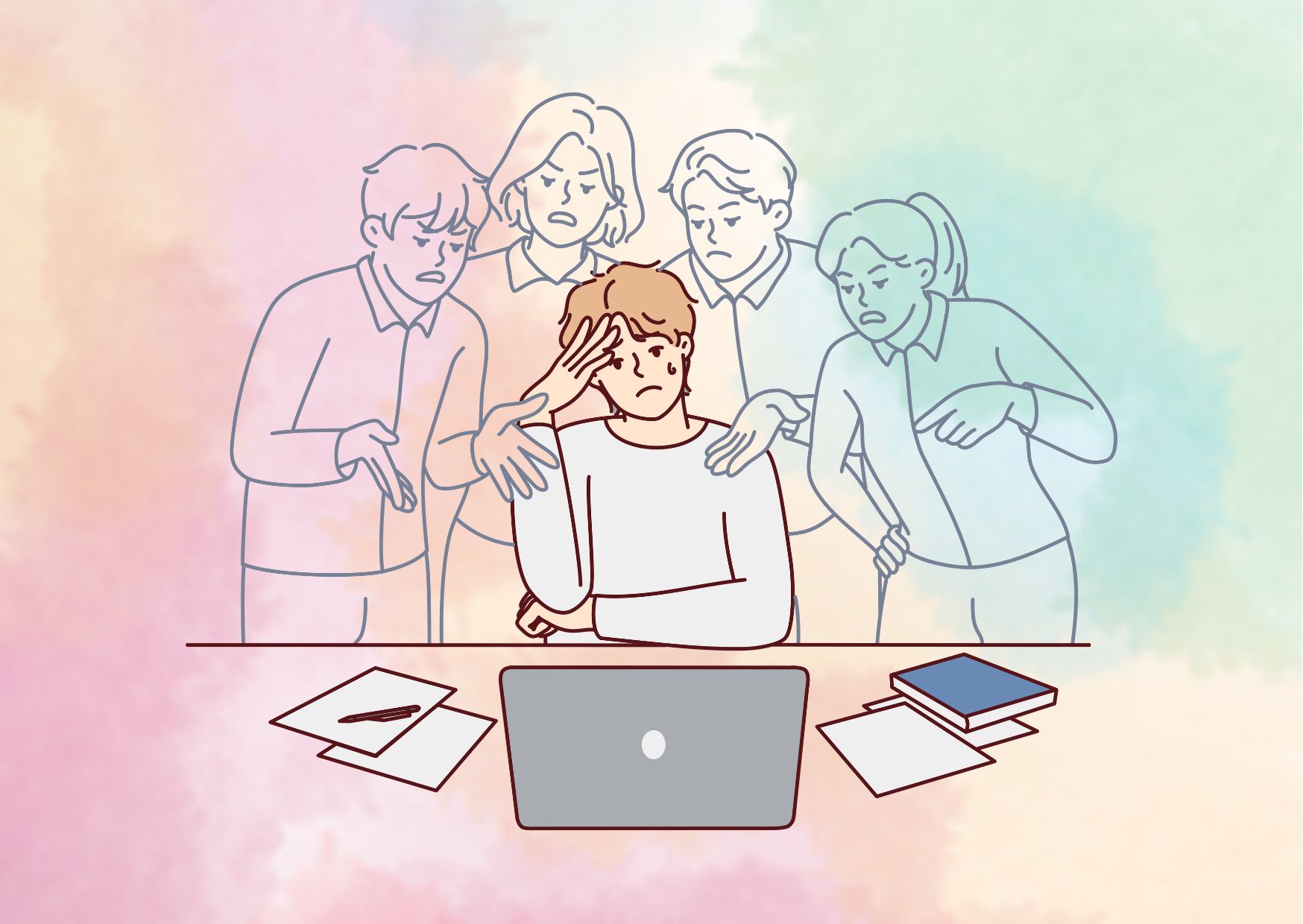The Consequences of Work Stress
The consequences of work stress can be far-reaching, affecting both the individual and the organization. Some of the common consequences of stress at work include:
Physical Health Problems
Work stress can have detrimental effects on physical health. It can manifest as headaches, muscle tension, digestive issues, and even cardiovascular diseases. Chronic stress weakens the immune system, making individuals more susceptible to illnesses. Additionally, sleep disturbances, such as insomnia, can further exacerbate physical health problems.
Mental Health Issues
High levels of job stress can contribute to the development or exacerbation of mental health issues. Anxiety, depression, irritability, and mood swings are common consequences of prolonged stress. Employees may experience emotional exhaustion, leading to burnout and reduced job satisfaction. These mental health issues can significantly impact an individual’s overall well-being and quality of life.
Decreased Job Performance and Productivity
Work stress can hinder job performance and productivity. When employees are overwhelmed by stress, their ability to concentrate, make decisions, and solve problems may be impaired. This can lead to decreased productivity, increased errors, and a decline in job satisfaction. Work stress can also contribute to absenteeism and increased turnover rates.
Strained Relationships
Stress in the office can spill over into personal relationships, causing strain and conflict. Heightened stress levels can make it challenging to maintain positive relationships both at work and at home. Irritability, fatigue, and a lack of emotional availability can negatively impact interactions with loved ones, leading to further stress and emotional strain.
Suggestion for read: Wellbeing at Work
Coping Strategies for Work Stress
While work stress is a prevalent issue, there are strategies individuals can employ to cope with and reduce its impact. Here are some effective coping strategies:
Prioritize Self-Care
Taking care of oneself is crucial in managing work related stress. Engaging in activities that promote physical and mental well-being, such as exercise, mindfulness, and relaxation techniques, can help alleviate stress. Prioritizing adequate sleep, healthy eating habits, and regular breaks throughout the workday can also contribute to overall well-being.
Seek Support and Professional Help
Seeking support from others is essential in managing work stress. Talking to trusted friends, family members, or colleagues about one’s experience can provide valuable perspective and guidance. Additionally, seeking professional help through counseling or therapy can be beneficial in developing coping mechanisms and addressing underlying issues contributing to stress at work.
Set Boundaries and Manage Workload
Establishing clear boundaries between work and personal life is crucial for managing work stress. Setting realistic expectations, learning to say no when necessary, and delegating tasks can help prevent an excessive workload. Effective time management and prioritization techniques can also contribute to a more balanced and manageable work life.
Improve Communication and Workplace Relationships
Building positive relationships and improving communication in the workplace can help reduce work stress. Open and honest communication with colleagues and superiors can foster a supportive and collaborative work environment. Addressing conflicts and seeking resolution through constructive dialogue can contribute to overall well-being and job satisfaction.
Develop Resilience and Coping Skills
Building resilience and developing effective coping skills can help individuals better navigate work related stress. Learning stress management techniques, such as deep breathing exercises, meditation, and mindfulness practices, can promote emotional well-being. Developing a growth mindset and reframing negative thoughts can also enhance resilience in the face of work stress.
Conclusion
Work stress is a prevalent issue that can have significant consequences for individuals and organizations. Understanding the causes of work stress, recognizing its consequences, and implementing effective coping strategies are essential for promoting well-being and productivity in the workplace. By prioritizing self-care, seeking support, improving communication, and developing resilience, individuals can better manage work stress and create a healthier work environment.
At Inquire Talk, we understand the significance of mental health and well-being in relationships. As an online counseling and therapy platform, we are passionate about providing support and assistance to individuals navigating the complexities of their emotional lives. Seeking professional help and support is always a valuable resource in managing stress and promoting emotional well-being. Our therapists are dedicated to providing online counseling and therapy services to individuals seeking support and emotional well-being.
Here are few certified therapists who you can get in touch and book a therapy session with:
Elaine Tarsh
Laura Dee
Natalie Mills
